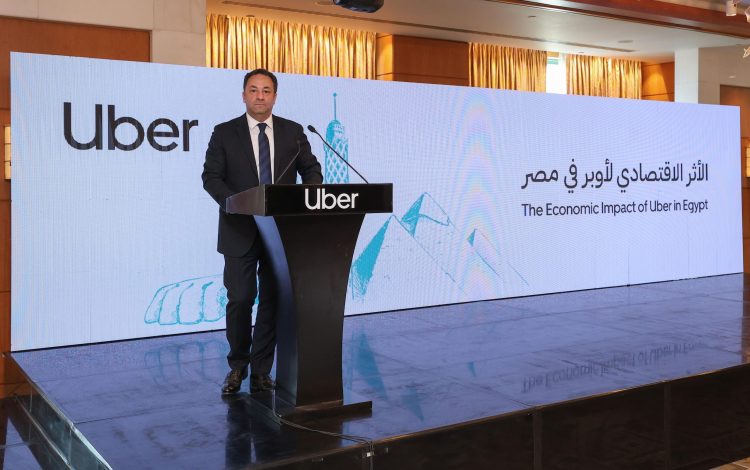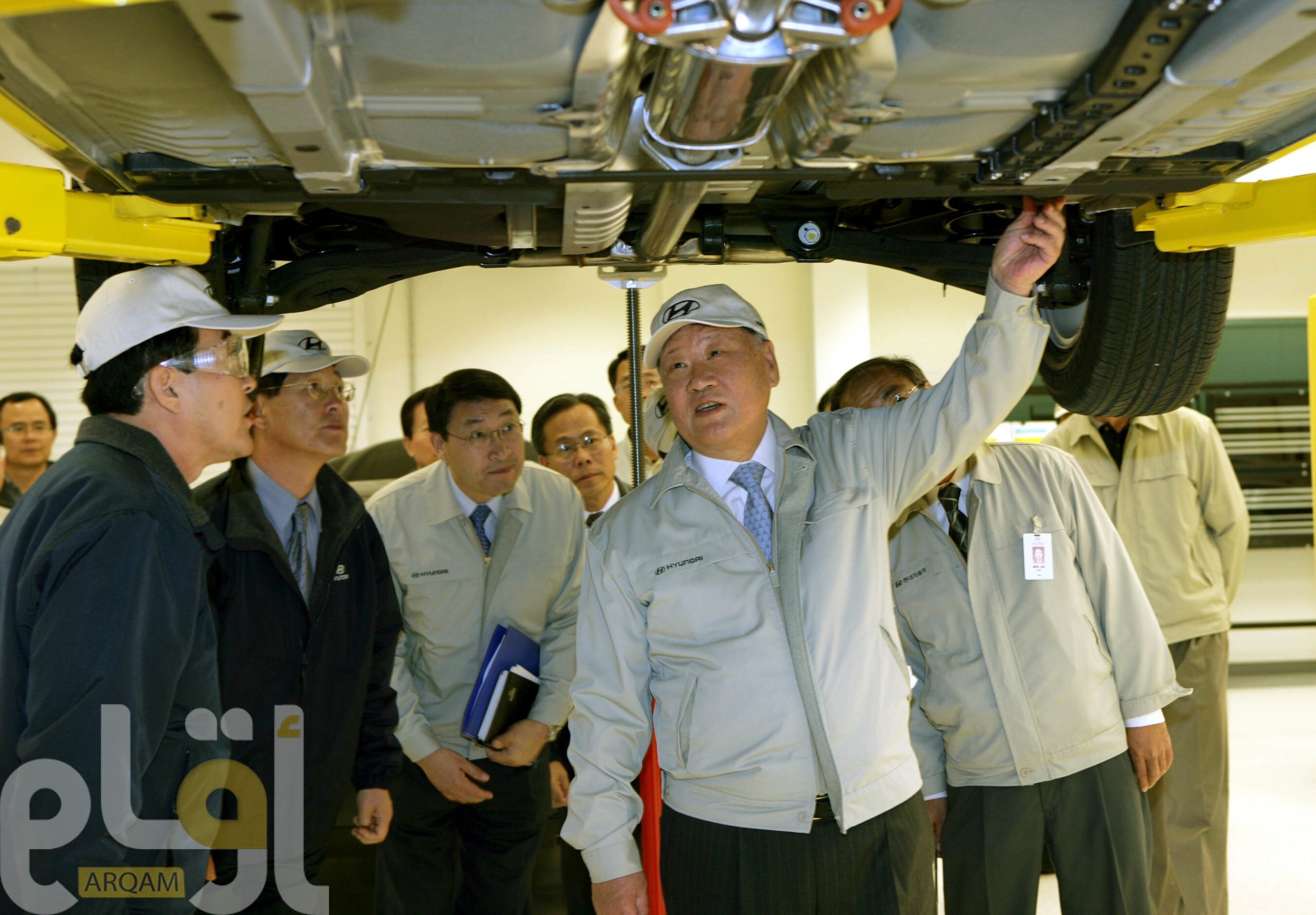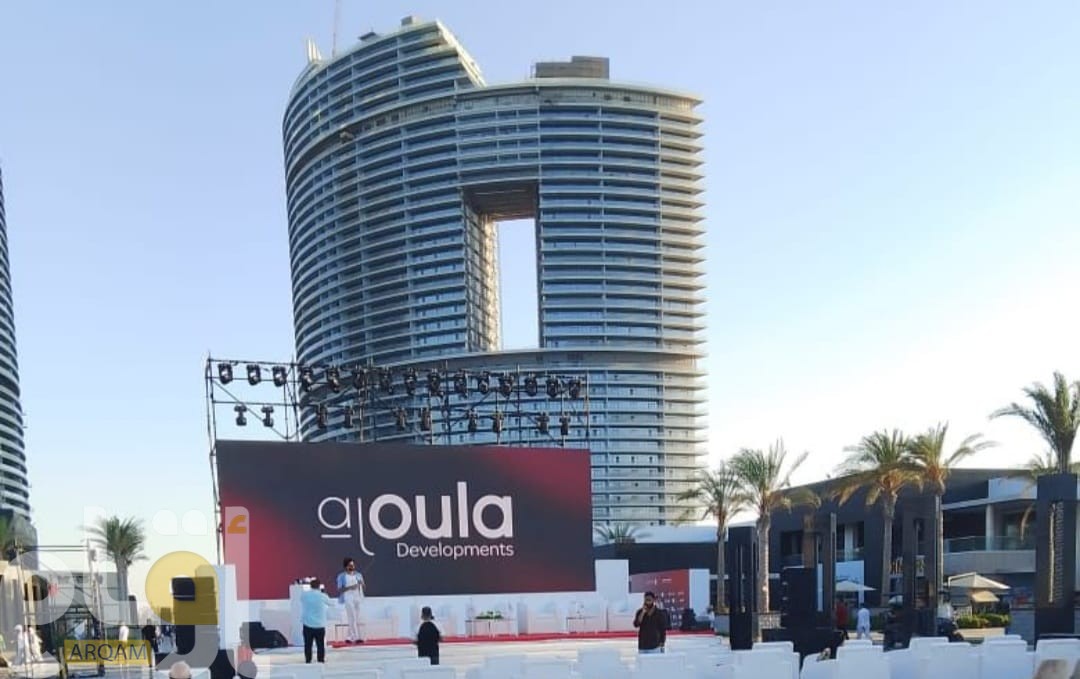ber Egypt today unveiled its first-ever Economic Impact Report, highlighting the company’s significant role in boosting Egypt’s economy, empowering Egyptians with economic opportunities, and enhancing mobility. The report reveals that Uber contributed an estimated EGP 7.4 billion to Egypt’s economy. It also underscores the platform’s impact on tourism and its tangible benefits for riders and partner drivers. Commissioned by Uber and conducted by Public First, the report outlines Uber’s economic impact on local businesses, drivers, and riders in 2023.
The findings were presented at an event on February 20, attended by key stakeholders, industry leaders, and policymakers.
“This report demonstrates the power of technology in transforming mobility and creating economic opportunities in Egypt,” said Youssef Abouseif, General Manager, Egypt, KSA, and Bahrain at Uber. “Over the past decade, Uber has provided thousands of drivers with flexible earning opportunities and brought innovative solutions to help people access modes of transport that are safe, reliable, and convenient. As we look ahead, we remain committed to working with policymakers and industry players to further unlock the potential of the ride-hailing sector.”
Uber has redefined work in Egypt, driving financial independence in the gig economy and creating meaningful earning opportunities, with drivers on the platform making EGP 1.8 billion in additional annual earnings. By offering opportunities that cater to those with caregiving responsibilities, 73% of drivers cited it enabled them to balance work, family, and personal growth. Moreover, 64% reported that Uber helped them earn money in emergency situations, while 47% said their earnings through Uber made them feel more financially secure.
For a long-standing tourist hub like Egypt, Uber has been a key driver in enhancing Egypt’s tourism and leisure economy by providing reliable and convenient transportation for both international visitors and local riders. The platform contributed an estimated EGP 3.1 billion to the tourism sector, offering tech-savvy travelers a familiar and trusted way to navigate Egypt’s bustling cities. Features like upfront pricing and GPS tracking improve safety and ease of travel, making Egypt more accessible to global tourists exploring historic landmarks and coastal destinations. Additionally, Uber supported EGP 710 million in value for the leisure economy by enabling safe late-night travel, boosting hospitality, entertainment, and leisure venues, and strengthening economic activity in these sectors.
From riders’ perspective, comfort, safety, and reliability remain the top reasons for using Uber, with 94% citing comfort, and 79% reliability.
Furthermore, the Uber app saved riders 8.4 million hours annually or 959 years, enhancing efficiency and convenience. 70% of riders used Uber in emergency situations, while 48% relied on it to connect with public transport. The report also found that 72% of riders used Uber for work commutes, 60% to the airport, and 61% for social events.
79% of riders agreed that the Uber app is often the safest way to travel home. Safety is a top priority at Uber, and the company continues to introduce new features to enhance rider and driver safety. Improving safety in the ride-hailing industry is an ongoing effort that requires collaboration between policymakers, industry players, and experts to establish strong legislative frameworks and industry-wide standards.
Celebrating a decade in Egypt, Uber remains committed to investing in safety, innovation, and mobility solutions, reinforcing its role in one of its key markets.
















